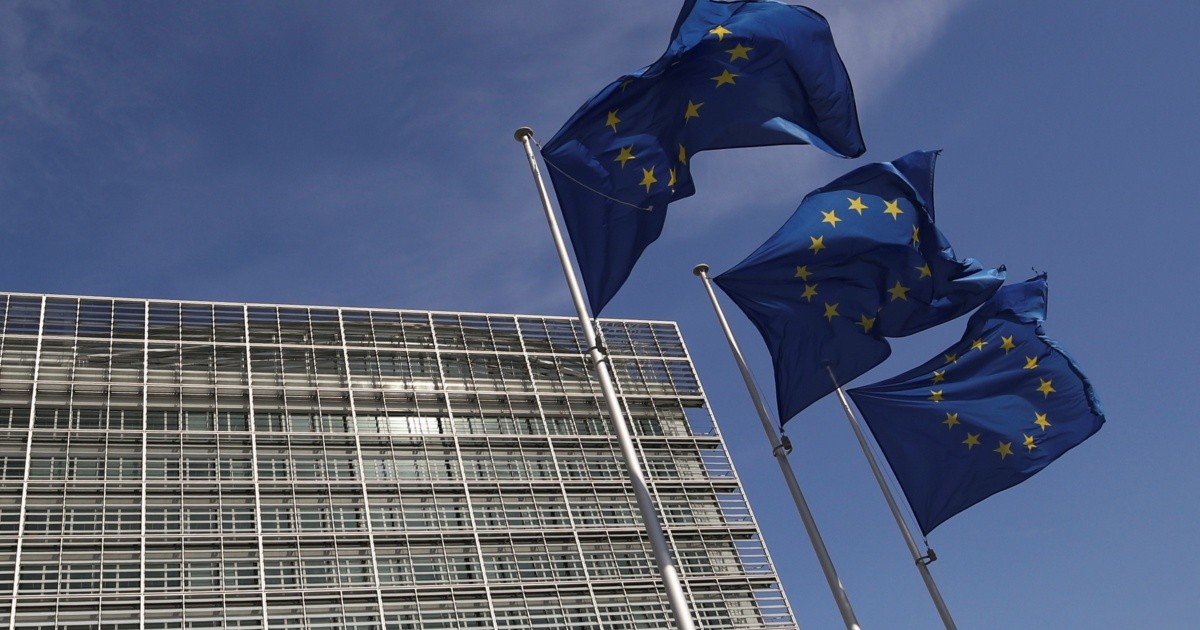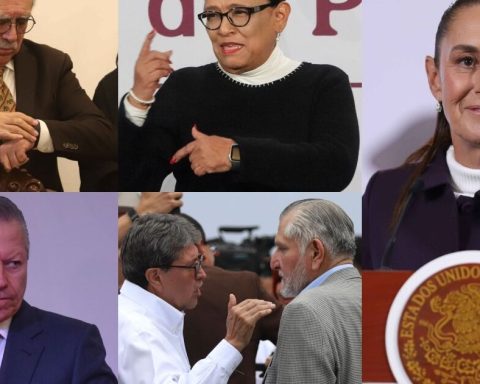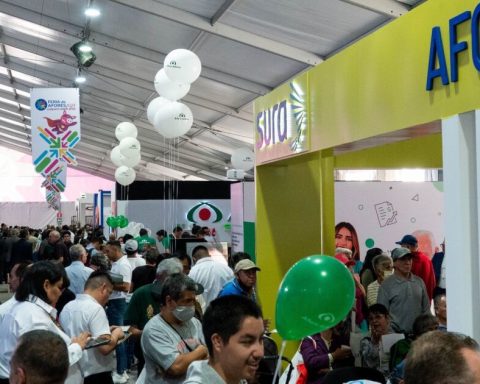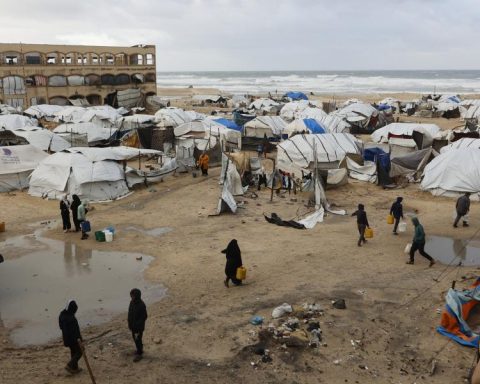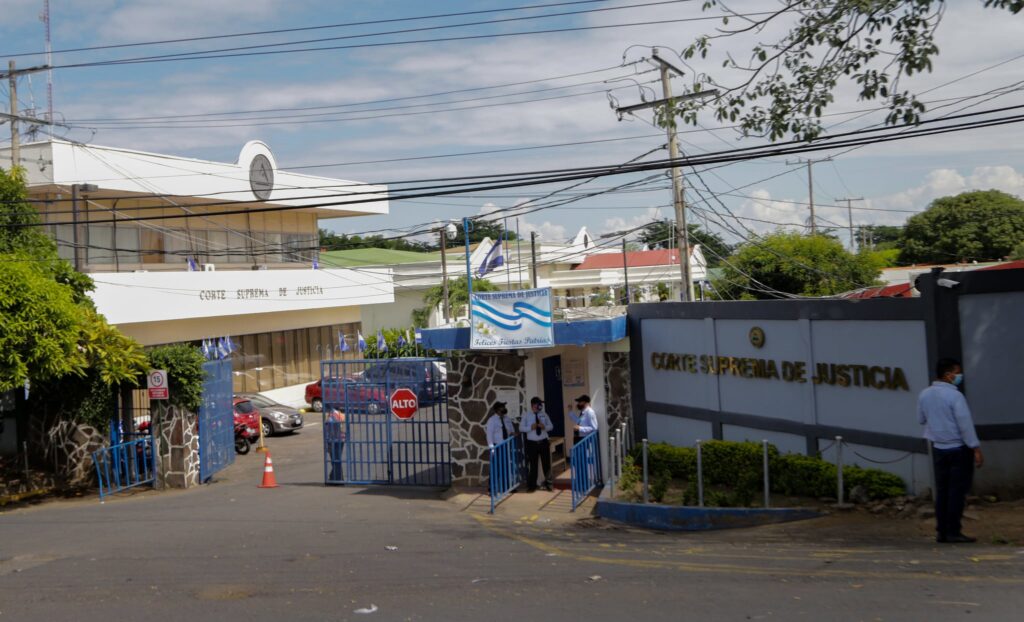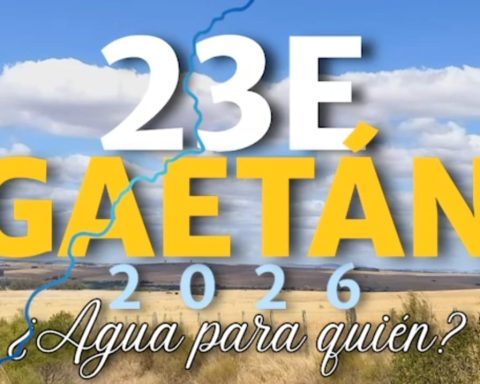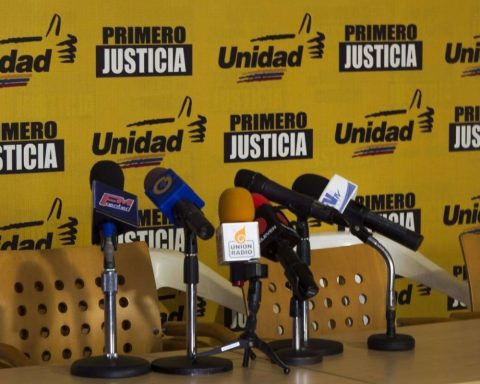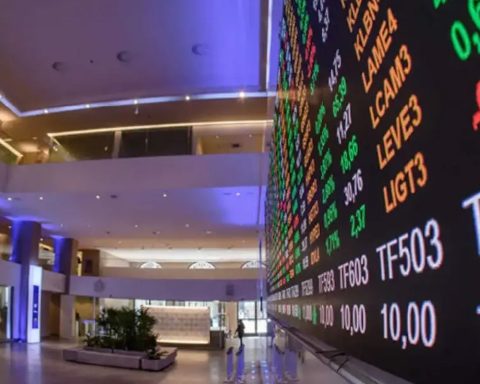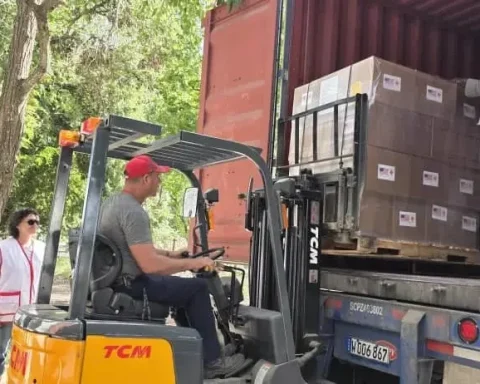The European Commission proposed this Wednesday a plan to reduce gas consumption by 15% in the EUwith the aim of overcoming the fall in Russian supply, which would lead to limiting the heating of certain buildings, postponing the closure of nuclear power plants and encouraging companies to reduce their needs.
To prepare for winter, the European Executive prepared a package of measures that will allow the 27 member countries of the bloc to face a possible interruption of Russian supplies, which until last year constituted 40% of its imports.
“Russia is using the gas as a weapon. In the event of a total outage, Europe will have to be prepared,” said the president of the European Comission, Ursula von der Leyen.
The plan still needs to be debated by the Member States of the European Union. It provides that each country must “do everything possible” to reduce, between August 2022 and March 2023, its gas consumption by at least 15% in relation to the average of the last five years in the same period.
The States must detail their roadmaps to achieve this objective before the end of September. Some as Finland and the NetherlandsThey have already achieved this goal.
The Nord Stream pipeline, through which a third of Russian gas deliveries to the EU, has been closed since July 11 for routine maintenance that should be completed this Thursday. But the Europeans fear that Moscow will not reopen the tap. Russia it had already cut deliveries by Nord Stream by 60% in recent weeks.
This Wednesday, the Russian president Vladimir Putin accused Canada of delaying the return of a German turbine from the Nord Stream gas pipeline, repaired in Canadian territory, to try to sell its own hydrocarbons on the European market.
Criticism from various states
The Commission wants to be able to activate an alert mechanism – after consulting the Member States – that would allow “binding demand reduction targets” to be set for all the countries of the bloc in the event of “substantial risk of serious shortages or exceptionally high demand” , and if voluntary efforts were not enough.
This plan, which will be examined during the meeting of ministers of union energy in Brussels on July 26, drew criticism from several states, including Spain and Poland, and from business circles.
“We will resist the imposition of obligations that are above, in terms of effort, what corresponds to us,” the Spanish Minister for the Ecological Transition, Teresa Ribera, declared at a press conference.
“The forced reduction of production would have disastrous, and often irreversible, effects on companies,” replied Markus Beyrer, general director of the organization that represents European business, Business Europe, who considers that these measures should be seen as “an option of last resource”.
System of “offsets”
Despite the increase in imports of Norway, Azerbaijan and Algeriaand the tripling of shipments of liquefied natural gas from USA Since March, Europeans fear a difficult winter.
Von der Leyen estimated that the annual gas consumption in the EU could be reduced by about 43,000 million m3. By way of comparison, Russia had supplied some 153 billion cubic meters to the 27 countries of the bloc in 2020.
Some 11,000 million m3 would come from a reduction in heating and air conditioning in certain buildings.
Specifically, Brussels asks countries to adopt binding measures to limit heating and air conditioning in public and commercial buildings, “whenever technically possible.”
It also encourages the use of alternative sources for district heating and recommends launching communication campaigns to ask the population to lower thermostats by one degree this winter, which would save “up to 10,000 million m3 of gas per year”, according to the Commission.
“Protected customers” (hospitals, homes, social services, small businesses) account for less than 37% of consumption, which is why the Commission puts the emphasis on power plants and industry.
“Priority must be given to renewable energies, but a transition to coal, oil or nuclear energy may be necessary temporarily,” recognized brusselswhich asks countries to postpone their plans to close nuclear power plants.
In the case of industry, Brussels proposes a “system of offers” that gives “compensation” to companies in exchange for a drop in consumption.
It also recommends sectors with little room for manoeuvre, such as chemicals, to progressively reduce their demand.
